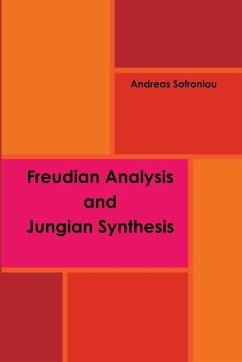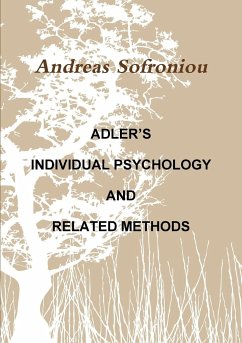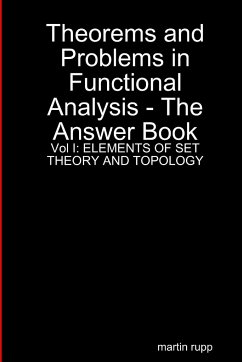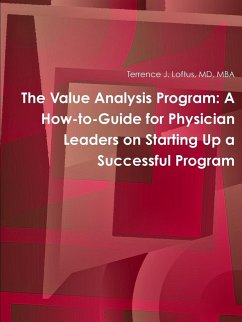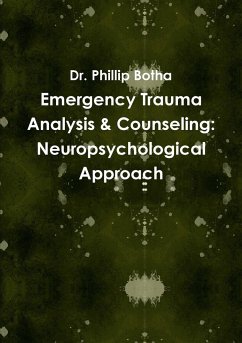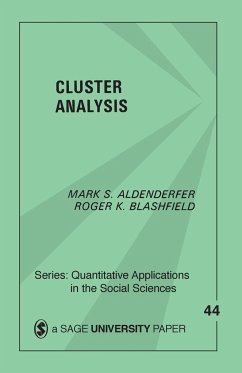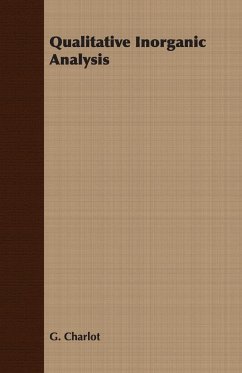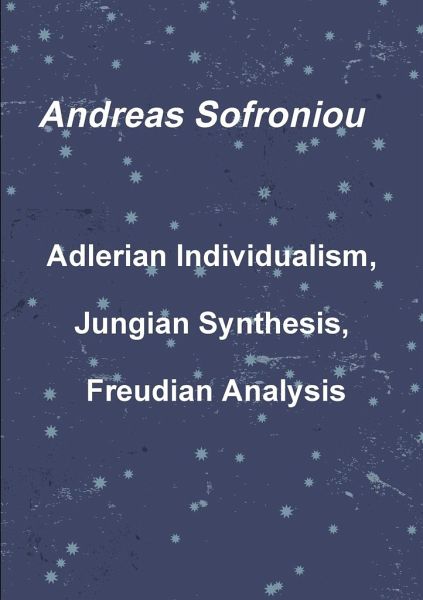
Adlerian Individualism, Jungian Synthesis, Freudian Analysis
Versandkostenfrei!
Versandfertig in 1-2 Wochen
37,99 €
inkl. MwSt.

PAYBACK Punkte
19 °P sammeln!
If one schematically compares the three principal tendencies in psychotherapy (Freudian, Jungian, Adlerian) with regard to the direction in which their central thought leads, one could say:- The analytical method of Sigmund Freud looks for the causae efficientes, the causes of the later behavioural disturbances. Alfred Adler considers and treats the initial situation with regard to a causa finalis and both see in the drives the causae materiales. In Carl Gustav Jung's case the term 'synthesis' is based on his abandonment of the causal thinking of the alternative psychological methods of treatm...
If one schematically compares the three principal tendencies in psychotherapy (Freudian, Jungian, Adlerian) with regard to the direction in which their central thought leads, one could say:- The analytical method of Sigmund Freud looks for the causae efficientes, the causes of the later behavioural disturbances. Alfred Adler considers and treats the initial situation with regard to a causa finalis and both see in the drives the causae materiales. In Carl Gustav Jung's case the term 'synthesis' is based on his abandonment of the causal thinking of the alternative psychological methods of treatment. Jungian psychotherapy, therefore, is not an analytical procedure in the usual meaning of this term. Whatever the differences among Freud's, Jung's and Adler's extensive works on the therapeutic methodologies; scientists, artists, thinkers and practitioners accept the great importance of Adler's, Freud's and Jung's studies for medicine, psychology, anthropology, religion, art, history, literature,etc.





